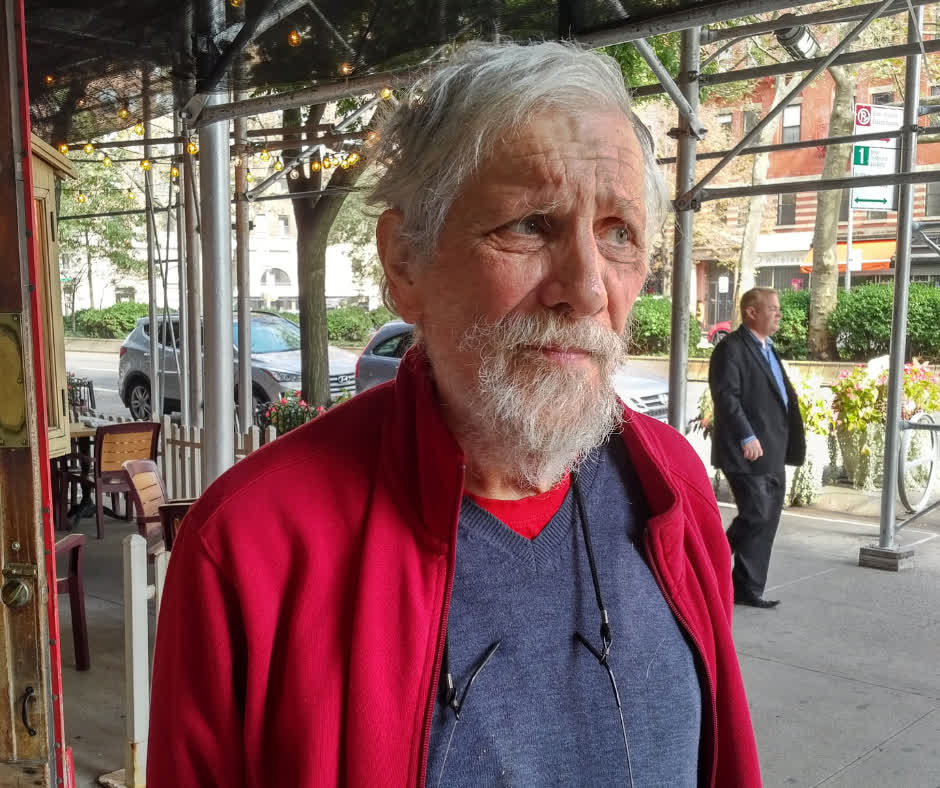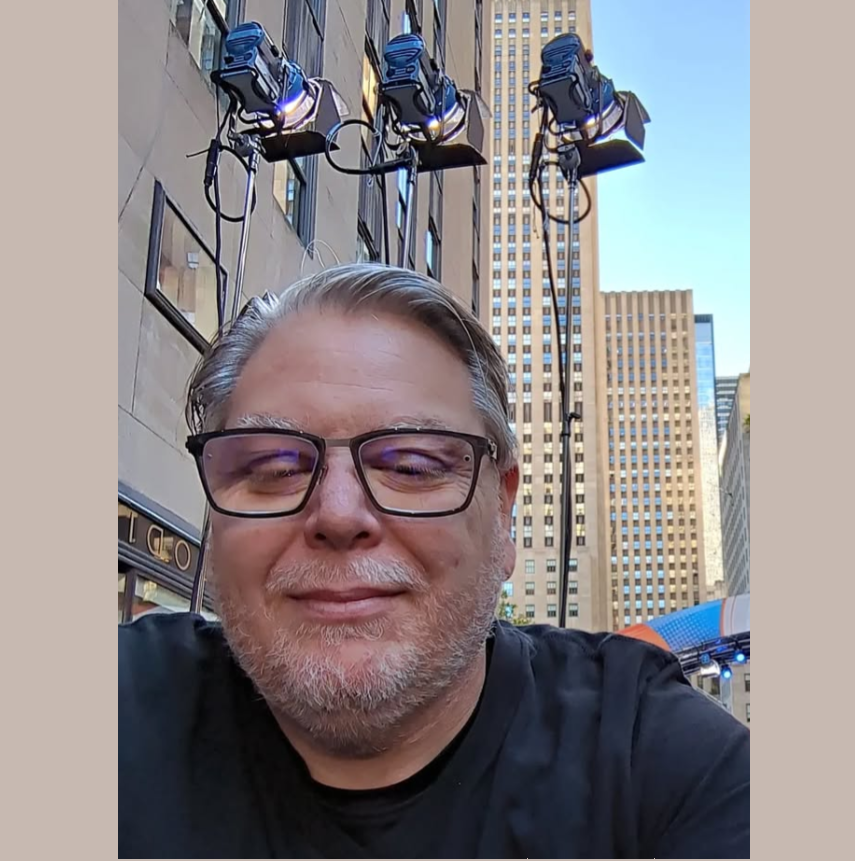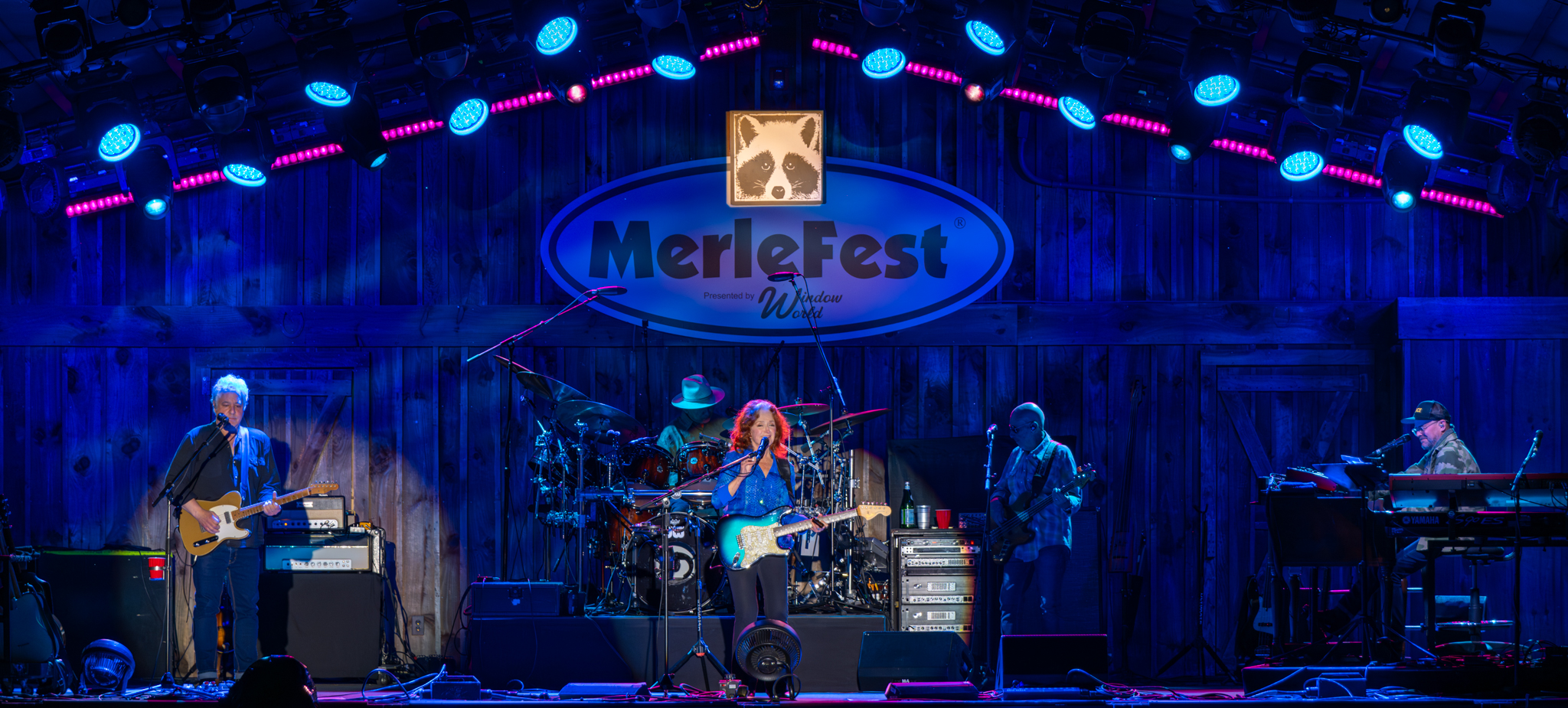ORLANDO – Inspired by the United Nations’ International Year of Light, Lightswitch is exploring Why Light Matters throughout 2015. The lighting design firm recently discussed the topic with George Jackson, who teaches introductory lighting at Palm Beach Atlantic University and previously taught advanced stage lighting at Valencia College in Central Florida. He has also designed and programmed lighting for various shows beyond those at the schools, and has also worked for Lightswitch Orlando.
More details from Lightswitch on Facebook (www.facebook.com/LightswitchINC):
We have asked our designers why light matters to them and will be sharing their responses in a short Q&A each month. Each Q&A will focus on a different way light shapes our lives—from buildings we live in to the emotions it evokes. We hope our stories will inspire you to think about why light matters to you, and we invite you to join the dialogue on Facebook:
What is the most important lesson you have learned about light? Whether it’s a college professor, an on-the-job mentor or a passionate parent, every industry expert has started his or her lighting education with a great teacher.
One of those teachers is George Jackson. This dynamic instructor currently teaches introductory lighting at Palm Beach Atlantic University in West Palm Beach, FL, and previously taught advanced stage lighting at Valencia College in Central Florida, all while simultaneously designing and programming various shows outside of school, including for Lightswitch Orlando. Here, George educates us on what he’s learned about lighting and the lessons light can teach us.
Why Light Matters to George: “Because with it, I can move people to tears, I can make them laugh, I can make goosebumps on their skin, and with the right timing I can make magic, all from behind the scenes.+
Q: Tell me about your lighting education. What made you want to pursue lighting as a career?
George: I never would have gotten into lighting if not for college. As a child growing up in the Philippines with no knowledge or connection to anything in the entertainment industry, I would picture an imaginary stage in my head when I would listen to music. It was as big as the eye can see, with a full scenic and lighting look that rivals the opening ceremonies of the Olympics. But I had no idea what this all meant and if it was even a career.
Later, in my quest to figure out what I wanted to be, I signed up for a Technical Theater Production class in college to meet some elective requirements. That one class changed my entire life forever. I will never forget the feeling of seeing this huge stage with beams of light filling the air. That is when I connected the dots and knew this is what I wanted to do for the rest of my life. The ‘bug’ bit me as you would say, and I found my calling with lighting and made a vow to learn everything I possibly could about this field. I took any and all jobs I could find related to it, paid or unpaid.
Q: Did you have a particular teacher who inspired you to learn more about lighting?
George: The two most influential teachers I had were my stagecraft professor, Jackie Starren, and my lighting professor, Michael Shugg. Jackie was there during the exact moment of realization. I was the soundboard operator for a production, and the house was about to open when I realized one of the stage monitors was not working. I ran onstage to troubleshoot and found out the connector was broken. She had taught me how to solder cable, so I quickly went out back and resoldered the connector back on with 5 minutes to spare before doors opened. With my heart was racing, I told Jackie, who was standing onstage, that this is what I want to do the rest of my life. She just smiled and nodded.
Q: What did they teach you?
George: I remember Jackie telling me that there are two types of theater people: the jack-of-all-trades and the master. The first one learns a little of everything, while the master focuses on just one thing and becomes the best they are in that discipline. I wanted to become a master in lighting.
Michael Shugg was important to me because he started my lighting education and, most importantly, gave me the freedom to explore my talent during projects. As teachers, we are here to encourage and foster, not the opposite.
Q: What do you teach and how do you structure your classes?
George: For seven years I taught “Advanced Stage Lighting.” The premise was to teach students to set up a lighting rig in the middle of nowhere. We started with the history of stage lighting and ended with programming on a lighting console. We also went through rigging, power, cabling, fixtures, control, light plots and spreadsheets. Currently, I teach an introductory lighting class that is geared more towards actors and beginners. I’ve had to modify my approach, and it is now just about gaining a greater understanding and appreciation for what it takes to light a production in the theater. This class is heavier on design and applications while going light on the technicalities of it all. I really just want my students to be able to do simple lighting tasks and understand why it works the way it does.
Q: What is the most important lesson you teach your students?
George: I want my students to understand that there is a lot going on when designing a light plot—it’s not just hanging a light and flipping a switch. I really want them to understand the concept of color theory, power and photometrics. I can’t tell you how many small venues I have arrived at to fix problems that have arisen because of a lack of knowledge of one these three categories. Lastly, if there is one thing I want them to take from me, and it is something I stress to all my students, it is simply to be nice. There are too many big egos and bitter people running around in this industry. When names get tossed around because a show is looking for someone, you want to make sure you are on the ‘nice’ list and not the ‘naughty’ one.
Q: What advice would you give to a student who is interested in pursuing lighting as a career?
George: Learn theater. Learn it in school, church, theme parks, and even your local community centers. Theater gives you a good foundation that then becomes a springboard to other avenues. There is a reason why some of the best actors in Hollywood started their careers on a stage.



